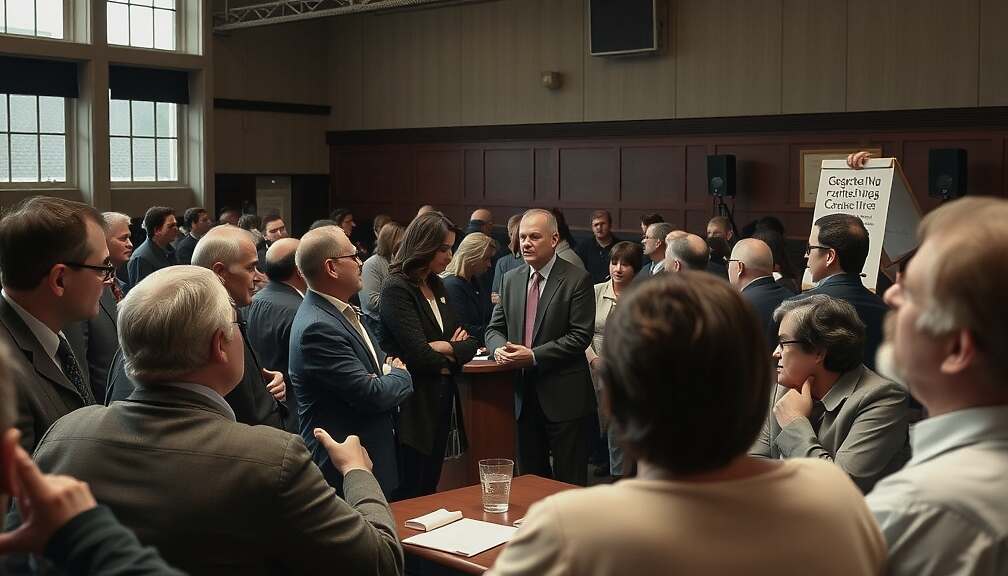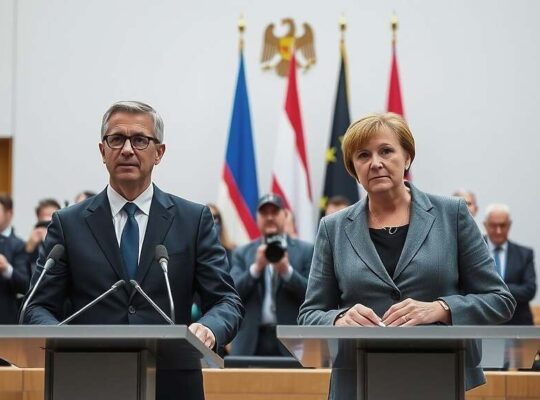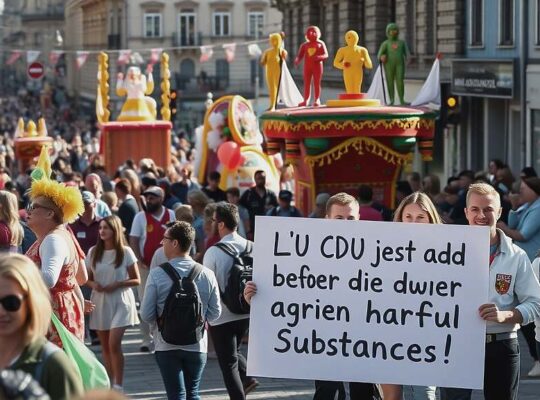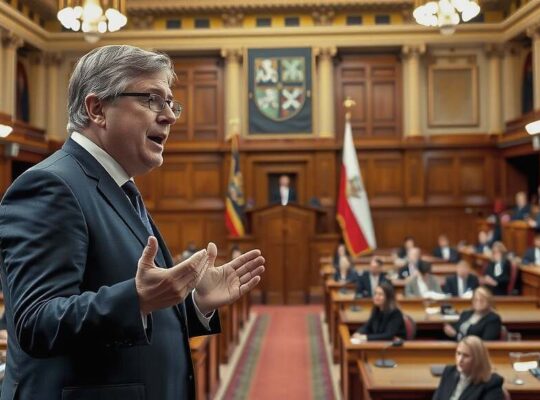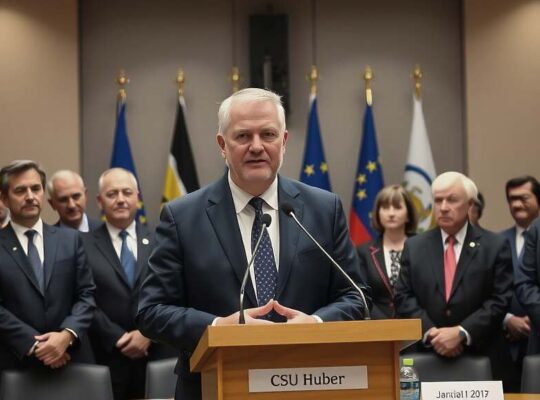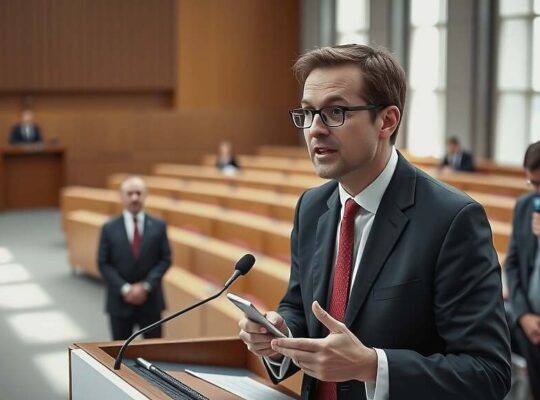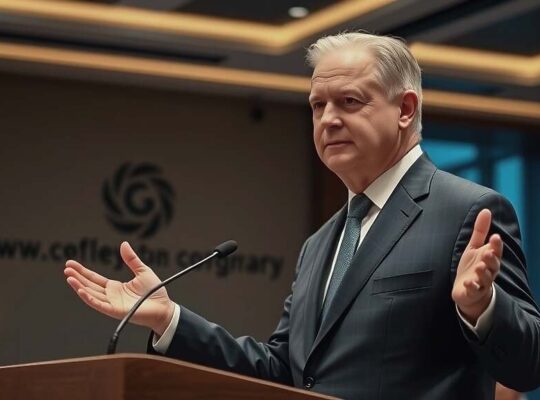The Alternative for Germany (AfD) is reportedly backing down from an attempt to introduce its own proposal regarding compulsory military service in the Bundestag, a move signaling internal divisions and a strategic recalibration within the party. According to reports from “Stern” magazine, the AfD parliamentary group’s executive committee will recommend to its members on Tuesday that the party refrain from submitting a separate motion on the issue.
The decision marks a significant shift following months of internal conflict over the reinstatement of compulsory military service. While the issue is ostensibly enshrined in the party’s foundational program, the debate intensified when Rüdiger Lucassen, the parliamentary group’s defense policy spokesman, formulated a formal opposition motion in the summer, titled “Securing Germany’s Defense Capability – Reactivate Compulsory Military Service.
This move triggered a counter-reaction spearheaded by Stefan Möller, co-leader of the Thuringian AfD state association and a relatively recent addition to the Bundestag. Representing a group of two dozen AfD deputies, Möller’s faction advocated for delaying the motion’s introduction until “the definitive end of the military conflict in Ukraine” and achieving a position of German neutrality in the conflict. That proposal, too, is now slated for withdrawal following the executive committee’s recommendation.
The internal tug-of-war reveals a complex interplay of ideological positioning and geopolitical calculation within the AfD. While hardline elements, notably aligned with figures like Björn Höcke, have pushed for a more assertive stance on defense and national sovereignty, the retreat on a formal Bundestag motion suggests a strategic recognition of the potential political ramifications. The reported involvement of party co-leader Alice Weidel, through her advocacy for abandoning the separate motion, further illustrates the efforts to manage the internal disagreements and potentially navigate a more cautious approach to the debate surrounding German defense policy.
Despite the executive committee’s recommendation, the full parliamentary group retains the ultimate authority to decide on the matter. The vote on Tuesday will likely expose the depth of the continuing fracture within the AfD and how it intends to position itself within the broader German political landscape concerning the ongoing conflict in Ukraine and the future of German military engagement.


